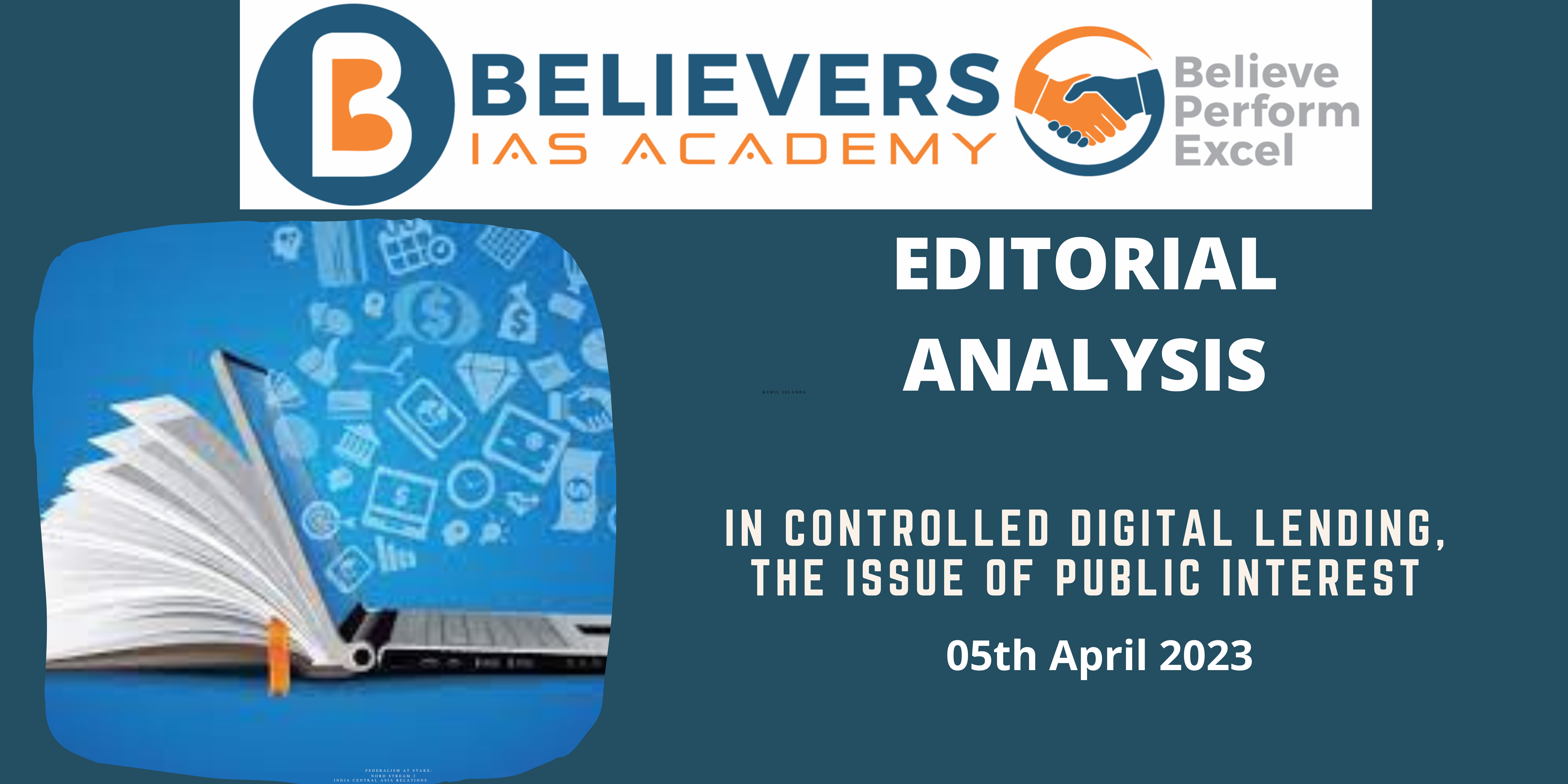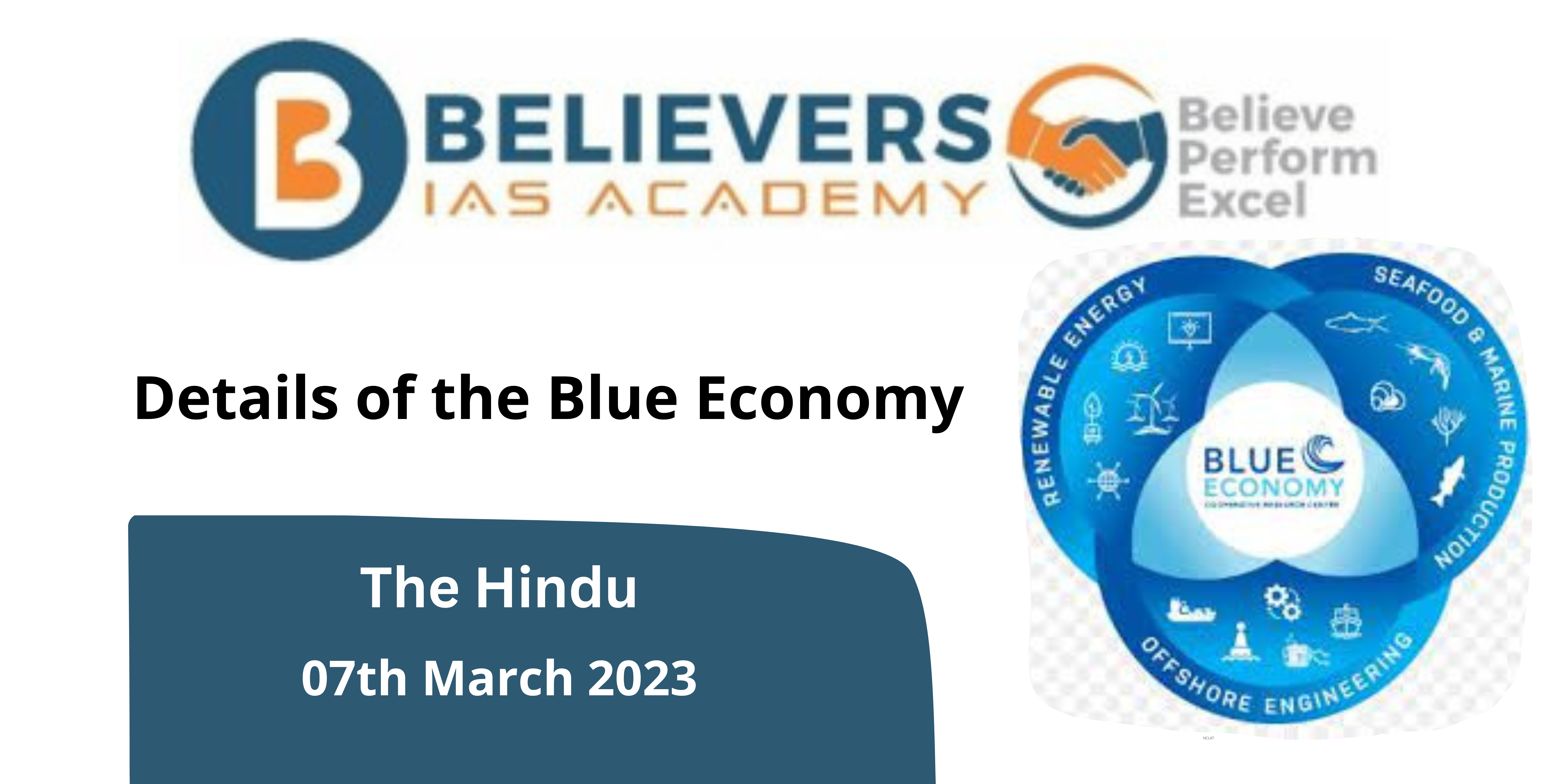In controlled digital lending, the issue of public interest
Context:
An ongoing legal battle in the United States between four major publishers and the Internet Archive (IA), a non-profit organization attempting to build a globally accessible digital library, has raised a fundamental question about the intersection of copyright law and technological advancements: should copyright law protect the broader public interest or the commercial interests of copyright holders?
Points to Ponder:
- The ongoing judicial battle between major publishers and the Internet Archive (IA) raises fundamental questions about the intersection of intellectual property laws and technological advancements.
- The Internet Archive is a non-profit American digital library that has stored approximately 35 billion web pages, 41 million books and texts, 14.7 million audio recordings, 8.4 million videos, 4.4 million images, and 890,000 software programs.
- The publishers claim that approximately 3.6 million books are copyrighted and that the IA broke their copyright by establishing the National Emergency Library and relaxing lending conditions during the COVID-19 pandemic.
- The IA argued that their Controlled Digital Lending (CDL) model, which follows the lending approach commonly seen in physical libraries, in which if one copy is owned, that copy can be loaned to one person at a time, should be considered fair use under US copyright law.
- The district court for the Southern District of New York (SDNY) ruled that the IA’s activities violated various rights granted to publishers under copyright law and did not constitute fair use under the same law, a decision that could have far-reaching implications for CDL’s future.
- Conversations with librarians reveal that lending physical copies of books from libraries is on the decline, but this does not imply a decrease in the desire for reading books so much as a shift in people’s reading habits. The CDL is a positive reaction to this trend; it also bridges the divide between urban and rural readers, as well as privileged and underprivileged readers in terms of access to books.
- Many books that have gone out of print or are not accessible in many physical libraries can now be accessed through CDL initiatives, resulting in enormous public benefits for education, study, and cultural participation.
- The court concluded that the public benefits highlighted by the IA “cannot outweigh the market harm to the publishers,” ignoring some of the evidence the IA produced about the works in the suit, which indicated that sales of print and electronic copies of these titles from the publisher’s preferred platforms were not affected even when the IA was engaging in CDL.
India and CDL
- Though India has yet to launch a major CDL effort, some institutions, such as NLSIU, have launched major digitization projects that will help CDL in the future. The outcome of the IA litigation will have significant implications for such efforts in India and elsewhere.
.
- It is critical to remember that the copyright system protects not only the interests of copyright holders but also the rights of users of copyrighted works and thus the wider public interest.




